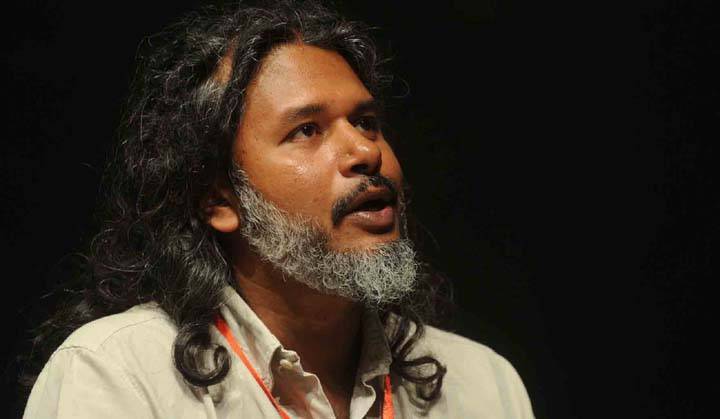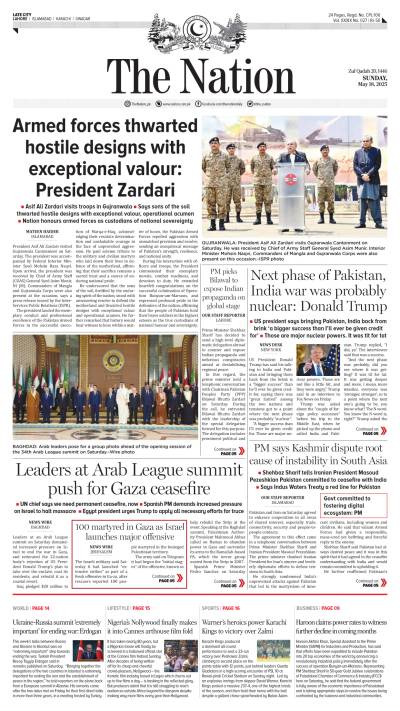Everyone who loves reading fiction must know Shehan Karunatilaka, a Sri Lankan novelist known for his novel Chinaman: The Legend of Pradeep Mathew. Many people take Chinaman as his first novel but in fact it is Karunatilaka’s second book. His debut novel was ‘The Painter’ which was shortlisted for the Gratiaen Prize in 2000, but was never published. In ‘Chinaman: The Legend of Pradeep Mathew’ Karunatilaka used cricket as a device to write about Sri Lankan society. It tells the story of an alcoholic journalist’s quest to track down a missing cricketer of the 1980s. The book is critically appreciated and won many awards, prominently, the Commonwealth Book Prize, DSC Prize for South Asian Literature and Gratiaen Prize.
Shehan Karunatilaka born in Galle, grew up in Colombo, studied in New Zealand, worked in London, Sri Lanka and now in Singapore. He spent boarding school in New Zealand hiding out in libraries and record shops. His ambition was to play in a rock band which ended up into advertising copywriter. The book he started as an amusement and then became an obsession. In an exclusive interview with Sunday Plus he talks about his novel, his life as a writer and share some details about his other childhood ambitions. Following are the excerpts of his interview:
Sunday Plus: How was the experience of attending Lahore Literary Festival (LLF)?
Shehan Karunatilaka: Pakistan is a very exciting place. So it was a privilege to be a South Asian writer hanging with the likes of Mohammed Hanif, Mohsin Hamid, H.M. Naqvi, Nadeem Aslam and Shazaf Fatima Haider. The crowds were enthusiastic, the food was brilliant, the city was fascinating and the sessions were worth braving the cold weather for. I even ended up coming back to Lahore a few months later.
You wanted to be a cricketer, a music performer and now finally a writer. How do you see this journey?
These are all typical childhood fantasies. Sports star and rock star. I wasn’t good enough at cricket or music to go very far at either. I wrote ads for a living and fiction to amuse myself. These days I don’t play cricket, but still travel with a guitar. I am not sure where the journeys are going. Most of the time, I’m not even sure where the next sentence is heading.
Did you ever perform with any music band?
Yes I have performed with several bands of varying degrees of listenability and success. They were called Alice Dali, Independent Square, Powercut Circus, One Man Down, Friday Night Divorce. And none were as interesting as they sound.
Why did you your first novel ‘The Painter’ not publish and what it was all about?
It was a noir thriller set in Colombo in 1999 written by a 23 year old who knew nothing of what he was doing. It isn’t publishable, but it’s filled with valuable lessons that I haven’t forgotten.
How did the idea of Chinaman come to you?
In fragments, over the years. From being a left-arm spin bowler myself, to watching Sri Lanka lose at cricket for a decade, to reading Nick Hornby’s Fever Pitch and watching Peter Jackson’s Forgotten Silver, to seeing two uncles fighting at a wedding. The story came in pieces, but each piece fascinated me.
How do you describe The Chinaman? Is it a history book, a detective novel, a sports novel or a biography?
The aim was to write a detective story of a drunk chasing a cricketer. But then history and alcohol and sports and biography crept in; so not really sure. I think it’s a comedy with lots of sad bits.
How much of The Chinaman is fact?
More than you think. But not the bits you suspect.
Your novel has been described as the “Great Sri Lankan Novel,” a state of the nation novel. Did you set out to write that kind of novel?
No. And I think setting out to do that is a sure-fire way to write a crap book. I just wanted to tell story that interested me, that spoke of the Sri Lanka I knew, and took the reader somewhere worth going.
Did you face any harsh criticism for this novel?
Nothing too harsh. Of course, the book is not for everyone. A few complain that it rambles and has too much cricket, and it probably does both. Some disagree with the ending, which is also valid. But generally the response has been kind.
What do international awards mean to you as an author?
It means I get to travel, be interviewed and my book stays on the shelf a bit longer. It also means people don’t raise their eyebrows and shake their heads when I say I’m quitting my job to write a novel.
What other writers have inspired you?
Kurt Vonnegut, William Goldman, Salman Rushdie, Michael Ondaatje, Agatha Christie, Stephen King, Neil Gaiman, Tom Robbins and a few hundred others.
How tough was it to get a publisher?
For a writer with a long name from Sri Lanka peddling a cricket book? Not that easy, but not impossible. I sent queries out every Friday for as long as it took. And finally, after 10 months, one of them didn’t say no.
Do you have a writing schedule?
I don’t think there’s any other way to write something large or anything good. From 5am to 1pm every day I sit at my desk with phone and internet switched off. Some days I write a lot, most days not much, but I turn up anyway. Even on Sundays. The rest of the time I read, meet friends, play bass and try to stay sane and healthy.
Tell us about your favourite books and what do you look for in a good book?
The things they carried – Tim O Brien, Adventures in the screen trade – William Goldman, The Road – Cormac McCarthy.
It’s all about voice for me. You’ll follow a great voice wherever it takes you, which is usually somewhere life-altering.
What have you been reading lately?
Yann Martel’s early stuff, Sonali Deraniyagala’s beautiful memoir, Flannery O Connor's wonderful stories and Justin Cronin’s vampire apocalypse epic.
Every writer is a critic. What do you say about your novel as a critic?
It’s hard to operate on your own children or to see your work objectively. I think Chinaman is a bit of a mess that loses its point in places. But I also think it stays true to its ambitions and gets home in one piece.
What was your favourite childhood book or story?
Alfred Hitchcock and the Three Investigators. Those books had more brain and more bite than the average Hardy Boys or Nancy Drew.
What is your next novel all about? Would you please give us little sneak peek into it?
It’s about Sri Lanka and a sneak peak will neither serve you nor the book.






